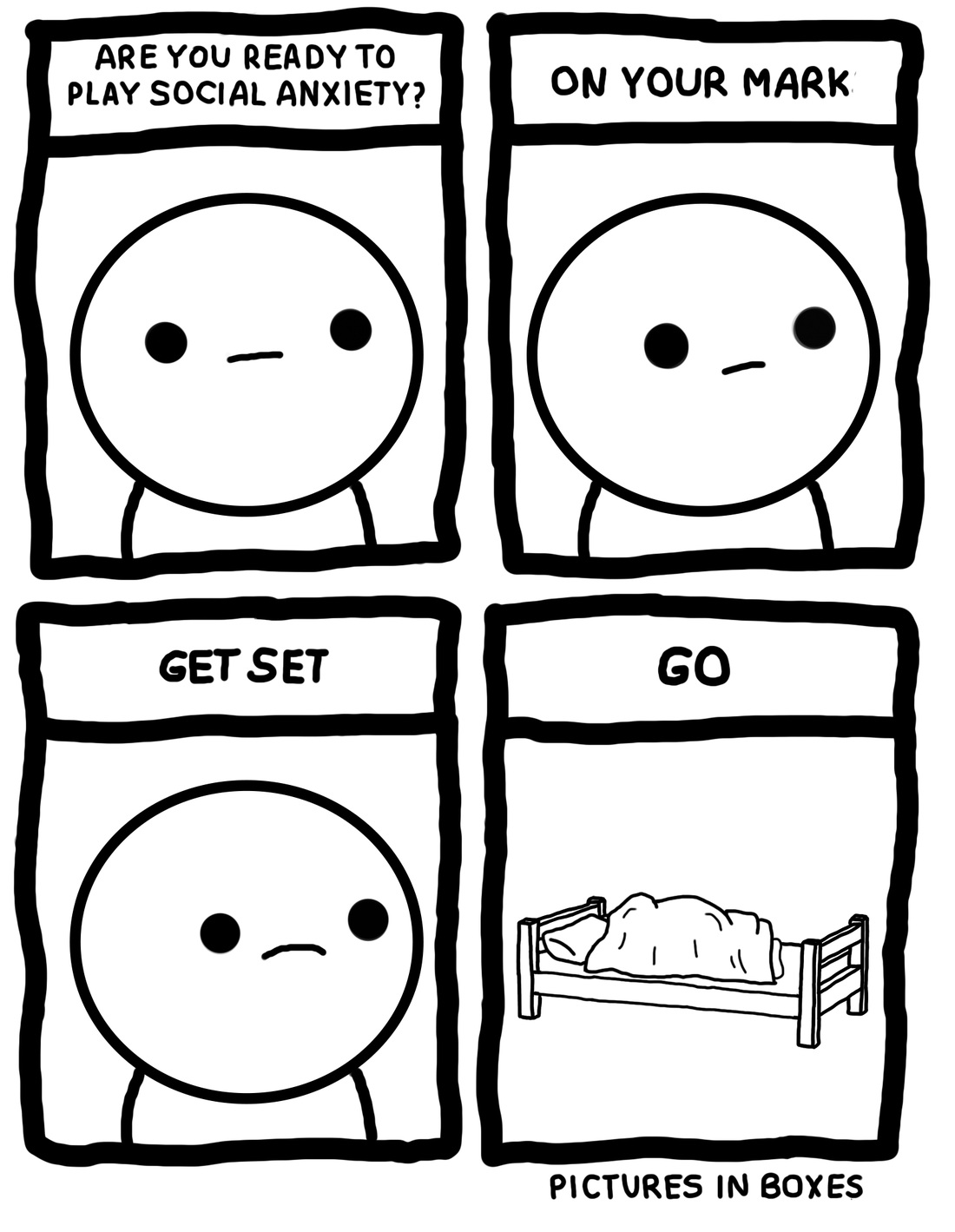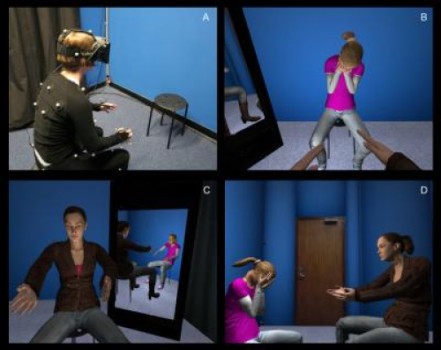
 The prevalence of dementia is expected to increase with our aging population. A critical piece of providing quality health care to individuals living with dementia is to also support his or her caregiver(s) through the experience. In order to accomplish this it is important to appreciate the caregiver's unique experience in terms of their individual strengths and challenges. A recent article published in the Toronto Star highlights Joan Sutton's personal experience in caring for her husband with Alzheimer's disease. She states, "I have come to think of Alzheimer's disease as a cat burglar - a stealthy thief with infinite patience. He doesn't steal all your memory at once - he just slips in and takes a little bit here and a little bit there and then disappears for a while. You start to think you are safe. But back he comes, to take another piece of the precious self - and all that goes with it." To read more about her journey check out this thought-provoking article.  Over the years imaging technologies have revealed a lot about what's happening in our brains, including which parts are active in people with conditions like depression, anxiety or PTSD. A new initiative, called NeuroCircuit, has the goal of finding the brain circuits that are responsible for mental health conditions and then developing ways of remotely stimulating those circuits and, the team hopes, potentially treating those conditions. "Many psychiatric disorders, especially disorders of mood, probably involve malfunction within specific brain circuits that regulate emotion and motivation, yet our current pharmaceutical treatments affect circuits all over the brain," said William Newsome, director of the Stanford Neurosciences Institute. "The ultimate goal of NeuroCircuit is more precise treatments, with minimal side effects, for specific psychiatric disorders." Read more: http://medicalxpress.com/news/2014-11-scientists-mental-illness-noninvasive-treatment.html Individuals with Social anxiety often pass up social invitations for fear of being rejected, embarrassed or otherwise singled out as a failure. However, maintaining strong social connections is one of best ways of warding off depression, anxiety and other mental illness. A study, published this month in the Journal of Abnormal Psychology, finds that people with social anxiety disorder often overestimate how bad their relationships are with friends, when compared to what the friends say.
Read the story here: http://www.medicalnewstoday.com/releases/285388.php  Recently the media has picked up on the story of Jennifer Gable, a 32-year old transgendered woman who died of a sudden brain aneurysm and was buried as a male, complete with cut hair and suit jacket. Friends and colleagues were infuriated, since Gable had legally changed her name to Jennifer from Geoff in 2007 despite the estrangement it caused from her parents. Jennifer's life as a transgendered person was reportedly not acknowledged during her funeral. Clearly, familial acceptance of transgendered people has a long way to go. And it seems vital that we get to a place where families are accepting of their transgendered members quickly. Studies have shown (and are collected here, as part of a larger piece on the subject) that transgendered people are disproportionately more likely to develop mood disorders as a result of a lack of protective factors, particularly a strong social network that is composed primarily of family members. In addition to increased risk of depression due to societal stigma, transgendered people who experienced rejection of their gender identities by their parents have a rate of incidence of depression 6 times greater, 8 times greater rates of attempted suicide, and thrice the rates of both illegal drug use and risky sexual activities that result in increased rates of diseases such as HIV. All of those higher incidences are compared only to transgendered teens that DON'T experience parental rejection, who still have an elevated rate of depressive and mood-related disorders compared to the general population. The Family Acceptance Project 'is a research, intervention, education and policy initiative that works to prevent health and mental health risks for lesbian, gay, bisexual and transgender (LGBT) children and youth, including suicide, homelessness and HIV – in the context of their families.' They use an evidence-based approach to family health and wellness and make freely available resources and counselling to families with transgendered members. As with so many valuable things, mental health begins at home. What if we were able to speak candidly to ourselves, would we be able to say the right things to provide the comfort and reassurance we may seek? A new study uses avatars in virtual reality to allow subjects to experience the advice they would give others, boosting self acceptance and compassion.
http://www.sciencedaily.com/releases/2014/11/141112144823.htm  Among the senior population, hoarding disorder is more common among women and in seniors living alone. While hoarding tendencies and hoarding disorder can occur across the lifespan, it poses added risks for the aging population, particularly frail elderly. "Older adults with hoarding disorder are at increased risk for falling, fires and mold in the home, poor hygiene and nutrition, and medical problems. The level of perceived risk increases with hoarding symptom severity. Food contamination, social isolation, and medication mismanagement are also problems with older adults." To read more about hoarding disorder including its presentation and management strategies check out this great article (Psychiatric Times) The story of a family torn apart by mental illness. The family is advocating for mandated outpatient treatment. It could have been an end to the cycle of mental institutions and jail for their loved one.
http://foxct.com/2014/11/19/family-says-mandated-mental-health-treatment-could-help-save-brother/ Click on the following link to watch an animation on what it feels like to live with depression:
http://www.upworthy.com/what-is-depression-let-this-animation-with-a-dog-shed-light-on-it "I Had a Black Dog was my first book published in Australia in 2005. I like to think of it as an uplifting illustrated book on what it is to have depression. The idea for the book was scribbled shortly after the tragic event of 9/11, while living in New York. I didn’t wake up on Sept 12th and think ‘I’m going to change my life!’ it was more a period of osmosis. I realised that life is intrinsically short and that I’d been doing life, not living it due to having a significant unwanted companion trotting along beside me. Depression had been in and out of my life since my late 20’s and I invested huge amounts of energy in covering it up. People warned me against creating such a book, that I would lose my job, responsibilities and even friends but I have to say that apart from marrying my wife and having my children; this was one of the best things I’d ever done with my life. Not only did it set me free but I began to live my life authentically. The biggest lesson in all this for me was helping others is one of the greatest ways we can help ourselves. Woof Woof!!!" -Matthew Johnstone, Writer and Illustrator |
Description
Supporting and enhancing students' and health professionals' knowledge and understanding of mental health and psychiatry
Archives
June 2017
Categories
All
|




 RSS Feed
RSS Feed
